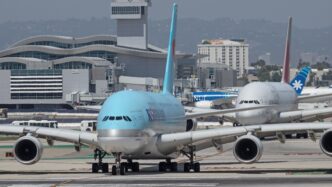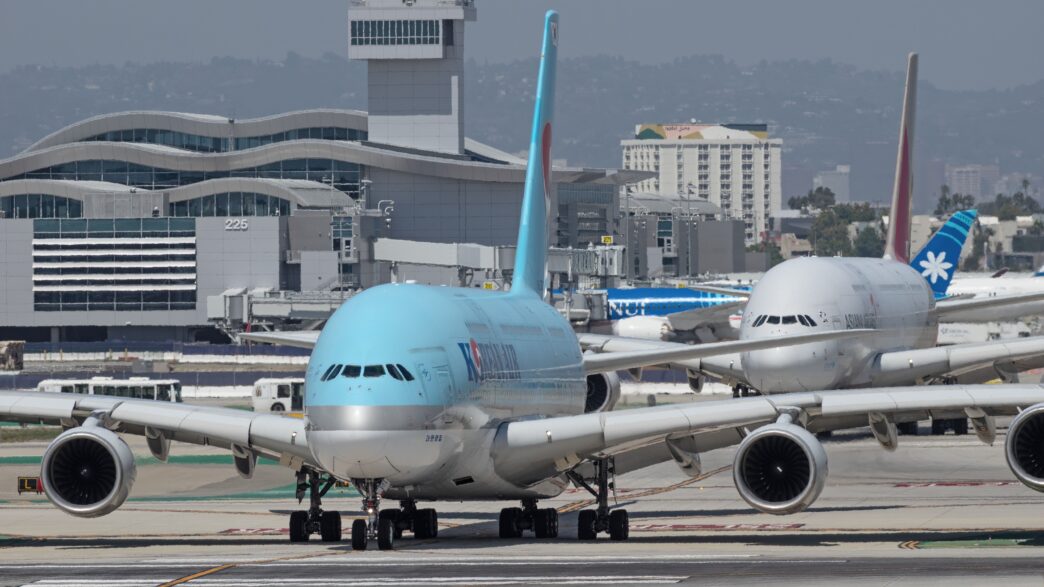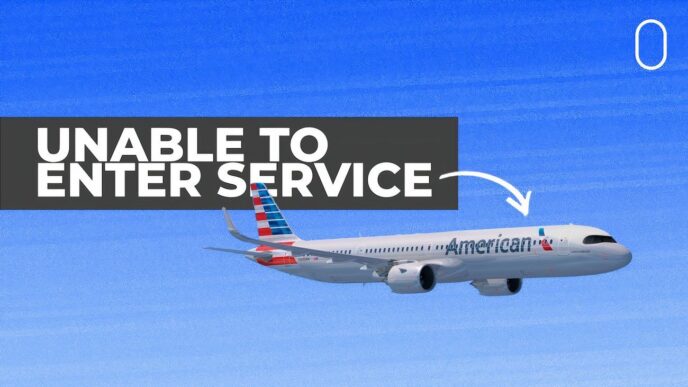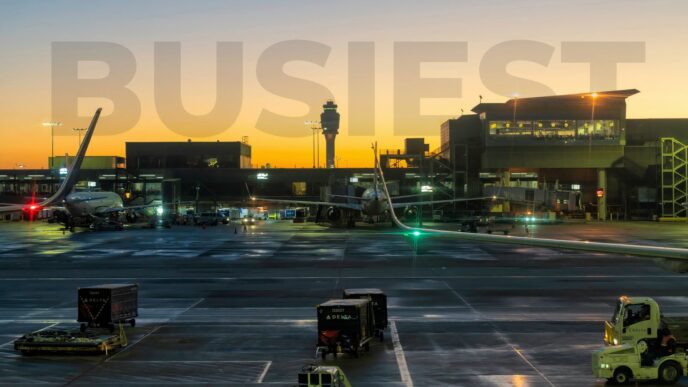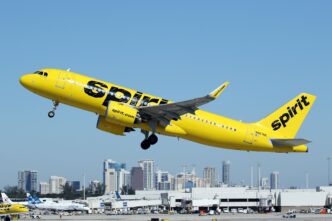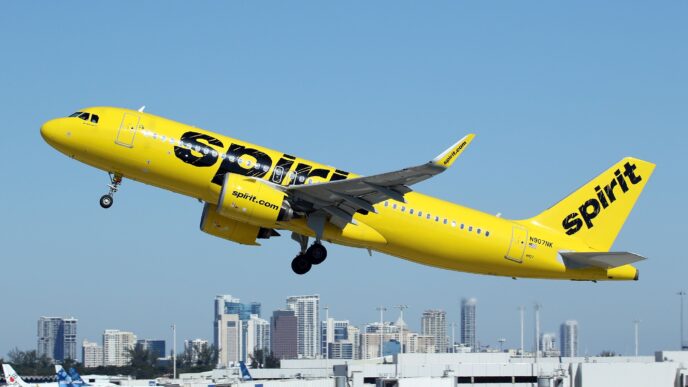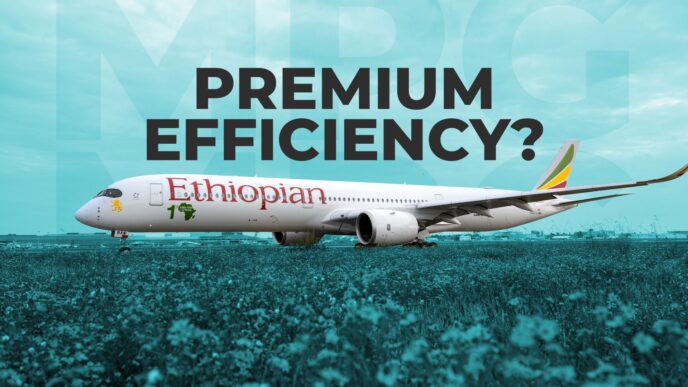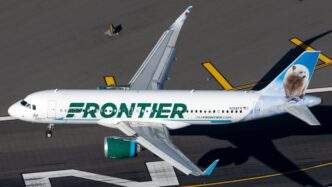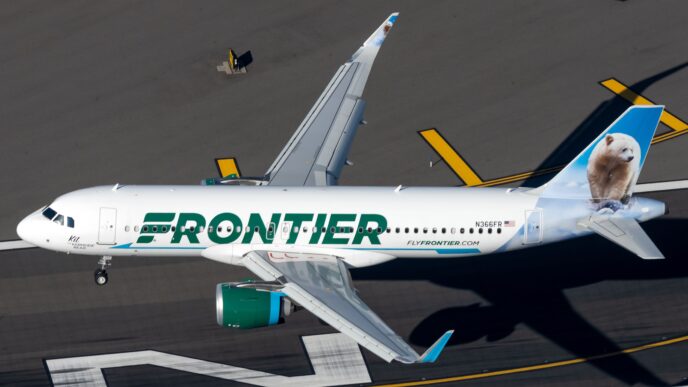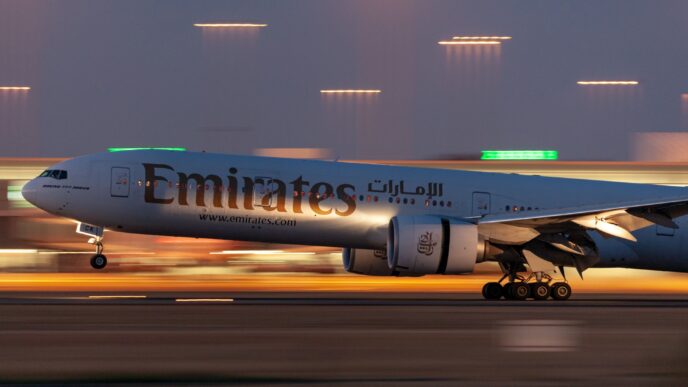Asiana Airlines has been hit with a hefty fine of 12.1 billion won (around $8.7 million) by South Korea’s Fair Trade Commission (FTC) for not sticking to the rules of its merger with Korean Air. This penalty is the biggest one for a merger violation in South Korea since 1991. The FTC pointed out that the airlines, which got the green light for their merger on December 12, 2024, broke the agreement within a year by hiking ticket prices more than they were allowed. The merger terms had set a cap on fare increases, keeping them at or below 2019 levels, adjusted for inflation.
In early 2025, Asiana Airlines bumped up ticket prices on four routes, going over the approved limits. The most notable increase was on the business class route from Seoul Incheon to Barcelona, where fares shot up by 28.2% over the cap. Other routes, like those to Frankfurt and Rome, also saw business class fares rise by 12.5% and 8.4%, respectively. Even economy class tickets on the Seoul to Rome route and the domestic Gwangju to Jeju route saw price hikes of 2.9% and 1.3%, respectively, all breaching the agreed limits. The FTC had approved the merger with conditions to keep the market competitive and protect consumers, including maintaining ticket prices, seat availability, and service quality for a decade.
In another twist, the FTC turned down Korean Air’s plan to merge its frequent flyer program, SKYPASS, with Asiana’s Asiana Club in June 2025. The proposal was rejected because it lacked details, especially about how miles would be converted and redeemed. Reports suggested that the proposed conversion rate would have significantly devalued Asiana’s loyalty miles, with 1 Korean Air mile equating to just 0.7 Asiana miles. This would have meant a 30% drop in value for Asiana’s loyal customers. The FTC’s decision highlights the importance of protecting consumer interests in such large-scale mergers.
#AsianaAirlines #KoreanAir #MergerViolation #AirlineIndustry #ConsumerProtection
Originally reported by Simple Flying Read More
